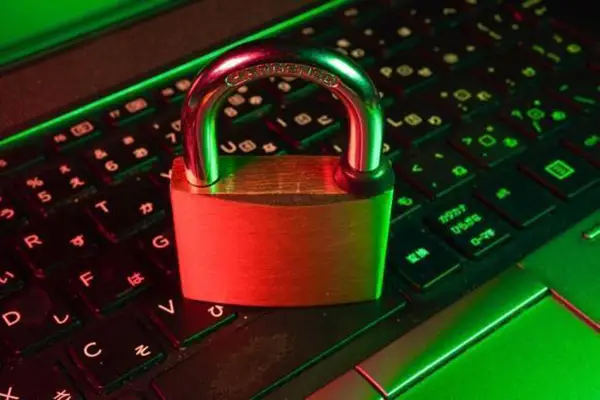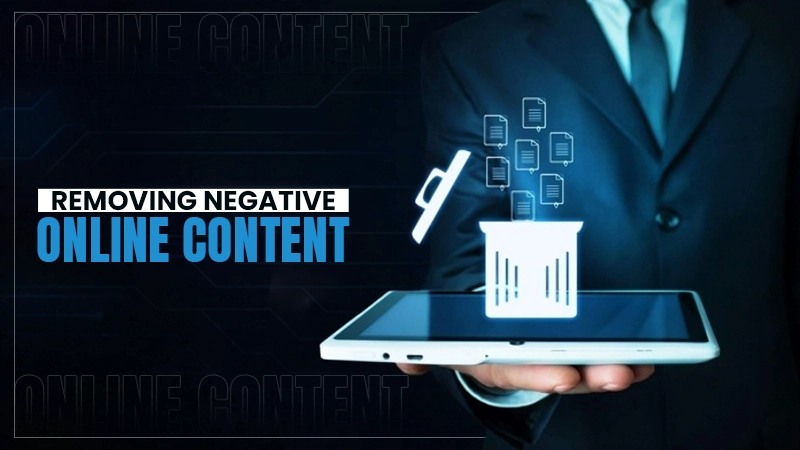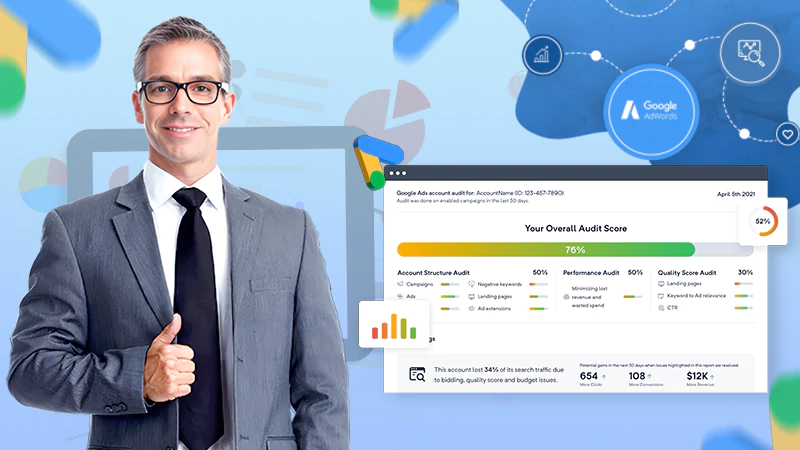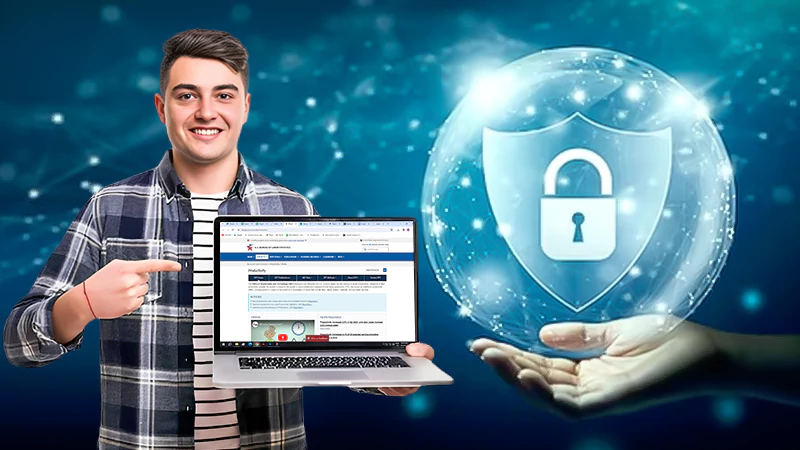How to Protect Your Business from Cyber Attacks
As technology continues to advance, so does the risk of cyber-attacks and crime. There are a lot of reports of cyber attacks where personal data is the main target, and individuals suffer from these attacks. It is of course an unwanted situation, however, the damage is more significant when these attacks are happening on an organizational, or business level, as they target bulk data, and big transactions and go after organizational structures.
If not taken seriously, cyber crime can significantly damage your business, if ever targeted. Cybercriminals are constantly evolving their tactics, targeting vulnerable businesses and causing significant and global financial and reputational damage.
What are Some of the Biggest Cyber Attacks Worldwide?
One of the most infamous cyber attacks is the attack on Adobe. At first, it was thought that it breached the data of 2.9 million users, but in the end, it turned out that the data of 38 million users had been compromised, but only those 2.9 million had their passwords and credit card information stolen.
In 2014, the online giant Yahoo was under a cyber attack as well. 500 million accounts were under attack and got their passwords and basic personal information stolen, thankfully no bank data was compromised.
Exactly 2 years ago, in June 2021, we witnessed the RockYou2021 attack, where approximately 8.4 billion passwords were leaked on a popular hacker forum. A user posted on the forum a 100 GB .TXT file with all 8.4 billion entries, presumably as a compilation of previous data breaches and leaks. As technology and data security tools keep upgrading and evolving, cybercriminals also adapt their tactics to deceive businesses and employees into engaging with spammy links and documents embedded in random emails.
Secure Your Networks and Databases
The first thing is to protect your business against cyber threats by securing your networks and databases. Commence by using an authentic Virtual Private Network (VPN) like ExpressVPN. A VPN encrypts your internet connection, making it a tedious and tiresome activity for hackers to acquire your data. It also conceals your IP address, giving an additional coating of security. With the assistance of a VPN, you construct a secure tunnel for all your online activities, lowering the risk of unauthorized access to your business channels.
Additionally, there are other advantages of using a VPN, like keeping you private but still connected even on the move, while traveling. It shields all of your communications, even over unsecured networks, like free public Wi-Fi. This also helps in saving money. For instance, while shopping from online websites or looking out for flights from certain locations.

Back-Up Your Data
In this age of technology, losing data can be catastrophic. Having a backup of your essential data can help you in quick recovery and in resuming normal operations again, especially in incidences like cyber-attack or system failures. Back up your critical business files and databases frequently to an external storage device or a cloud-based backup service.
For instance, cloud storage solutions, like Google Drive or Dropbox, offer easy-to-use and safe choices for storing and accessing your data from anywhere. This helps you to minimize the influence of potential future risks by having your data stolen. Big enterprises generally routined server backups to stay safe and secure.
Encrypt Important Information
Encryption is the quintessential and conventional gateway to safeguard your sensitive information from unauthorized access. Encoding your data means changing it into a secret code that can only be decoded with the correct decryption key. A business should utilize it for all pivotal information, such as customer data, financial records, and intellectual property.
It should use strong encryption algorithms and guarantee that all communication channels, including emails and file transfers, are encrypted. By using it for internal data, the company adds an extra level of protection, even if the organization somehow gains access to their systems. It is good for businesses to motivate their employees to use VPN whenever they use free public Wi-Fi. This way, the information gets encrypted even though the employee is outside of work ground reach.
Monitor the Use of Computer Equipment and Systems
If your business deals with financial services or IT internal software-as-a-service, monitoring the use of computer equipment and systems within your business can help to detect any suspicious activities. Implement strong monitoring tools that can track network traffic, system logs, and user activity.
You should regularly review these logs to identify any abnormal patterns or unauthorized access attempts, even amongst employees. Setting up alerts or notifications to promptly respond to any security threats is the safe way to go when it comes to your business and sensitive data.
Educate Your Staff to Be Safe Online
Your employees play a crucial role in your overall business security. It is the responsibility of business owners to set the company’s culture in the right direction, as number of employees depends upon you. Educating and training your staff on safe online practices is one of the many steps toward preventing cyber-attacks. Ensure that your HR team organizes regular cybersecurity training sessions in order to raise awareness about common threats.
Most importantly, be certain that they are building a culture where team members learn and help each other. Educate your employees on how to examine and report suspicious activities, impose strong password policies, and motivate the use of multi-factor authentication. By nurturing a culture of cybersecurity awareness, you allow your staff to be proactive in safeguarding their work. It also forms a deep connection between each colleague to be aware of any misconduct.
All that being said, It is a work in progress that needs a multi-layered approach. Although there are a plethora of things out there to prevent your business from cyber attacks, still many big companies have been a victim of cybercriminals. Leaked data from a certain business, damages the business’ fame and integrity, along with its effects on its customers and their personal information. Businesses that are involved with handling very sensitive data like bank information, passwords, clouds, and software services, must invest money into protection against cyber criminals than face the risk of leaked information.
By protecting your networks, backing up your data, encrypting crucial information, observing system use, and training your staff, you remarkably reduce the risk of falling victim to cybercriminals. Remember, investing in cybersecurity measures is not only crucial for both securing your business and maintaining the faith and confidence of your customers.
The Challenges and Benefits of Removing Negative Online…
Unlock the Simplest Way to Access LaSRS Login…
Strategic Wins: How SafeOpt Can Boost Your Online…
5 Reasons Why Marketing Matters in Business?
Google Ads: What Are the Basic Checklists to…
The Crucial Role of Press Releases in a…
8 Best Tech Tips to Implement for Better…
Fax Machines in the Digital Age: A Sustainable…
Breaking Barriers: The Power of Business Translation Services
Why Do Businesses Need a Dedicated Mobile App?
The Role of Onboarding in Improving Employee Retention…
3 Major Benefits of Onsite IT Support












